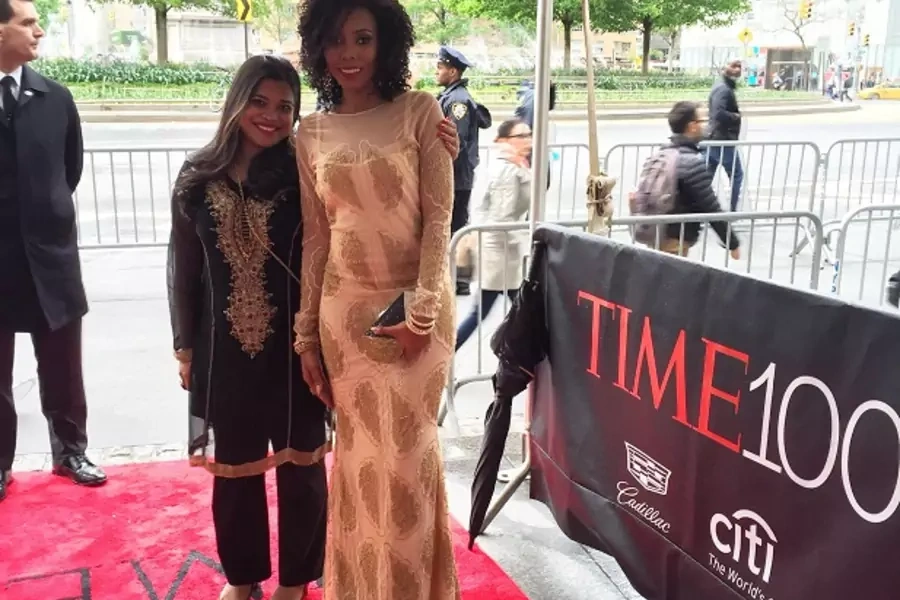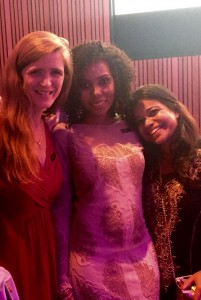Time’s 100 Most Influential List Honors Women’s Rights Activist

More on:
Last week at the Council on Foreign Relations, I hosted a roundtable with Jaha Dukureh, named by Time magazine as one of the 100 most influential people of 2016 for her work advocating against female genital mutilation/cutting (FGM/C). Along with Dukureh, Acting U.S. Special Envoy to the Organization of Islamic Cooperation Arsalan Suleman led the discussion following a screening of Jaha’s Journey, an inspiring documentary about Dukureh’s own struggle as a survivor of FGM/C who was forced to marry at fifteen years old. Dukureh has since become a leading advocate against FGM/C, first in the United States (her adopted home), then in the Gambia (her home country), and now abroad.
Roughly 200 million girls and women worldwide today have undergone FGM/C, with another estimated three million girls at risk of FGM/C annually. Dukureh, a survivor of FGM/C, first came to prominence in 2014 when she began a Change.org petition, calling for the U.S. government to commission a study on the prevalence of FGM/C in the United States. The petition received over 220,000 signatures and resulted in the Obama administration commissioning a study, released earlier this year, to assess the number of women and girls at risk of FGM/C in the United States. After the success of her Change.org petition, she founded Safe Hands for Girls, an organization that works to empower and educate girls and women about FGM/C. Dukureh also supported a youth-led movement against FGM/C in the Gambia in 2014, which played a large role in the Gambian government banning the practice a year later in 2015.
During our CFR roundtable, both Dukureh and Suleman noted the importance of working with both religious leaders as well as with men and boys in ending FGM/C. In many communities, men hold a considerable amount of power and are often the primary decision-makers. Some also believe that FGM/C is a religious practice. Dukureh’s experience demonstrates that religious leaders speaking out against FGM/C— and highlighting that it is not mandated by religious doctrine—can go a long way in stopping FGM/C. Dukureh also discussed how the framing of FGM/C as an “African problem” obscures the reality that FGM/C is global in scope. She highlighted indigenous groups in South America and the largely South Asia-based Dawoodi Bohras as examples. Engaging nontraditional allies for women’s rights, including men and boys as well as religious leaders, in the discussion and efforts against FGM/C is a vital aspect of ending this harmful practice against women.

More on:
 Online Store
Online Store